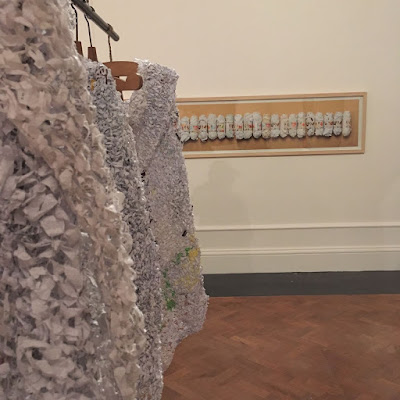DOINEEDTOSPELLITOUTFORYOU
The Thundafund
campaign has reached its first mile stone R 10 000.
The
campaign has proved to be very challenging. I feel out of my depth.
I resent
people selling me things, the pawing and nagging of friends to buy artefacts I find
distasteful. And yes there is the poor self-esteem business, and the healthy
self-worth in asking for help, developing community.
What I have
learned is that this platform is not clearly understood in South Africa. Most
people seem to think That Thundafund is a well of money. To set the record
straight, a crowd-funder is merely a virtual organising space to articulate and
collect money gathering activities, which the crowd-funder receives a
percentage for.
I have
encountered a social media phobia which I did not know existed. There are
suspicions about Facebook and anything associated with it.
It seems
that this kind of format appeals to a younger generation or people who are more
computer literate and interweb integrated.
To get
current:
I have 6 months
full time employment at CPUT, lecturing Design in Surface Design. I have also
started a master’s research on THEEDUCATORSNEWCLOTHES, the title: ‘’Unpacking
THEEDUCATORSNEWCLOTHES”
My plate
has become very full; lecturing, studying, performing and asking people for
money.
Because of
the Crowd-funding THEEDUCATORSNEWCLOTHES is able to travel to Johannesburg.
Train tickets have been booked; leaving 23 February, returning 3 March! Yahooo!
A recent
conversation explored the issues around maintaining standards in qualifications.
A new lecturer comes into a situation and has to conform to the given context.
There are unspoken agreements about levels and desired outcomes. This is a very
tricky area to write and talk about as its all unspoken, subtext stuff. External
examiners are chosen specifically for their reputations and biases. This all
has much human politic packed into it. The conversation seem to conclude that
these issues have become more pronounced in recent times, since education is
treated as a business. With the client/student situation the laws of commerce
apply. How does an institution maintain its reputation and satisfy its client?
And how do academic standards fit into any of this?




Comments
Post a Comment